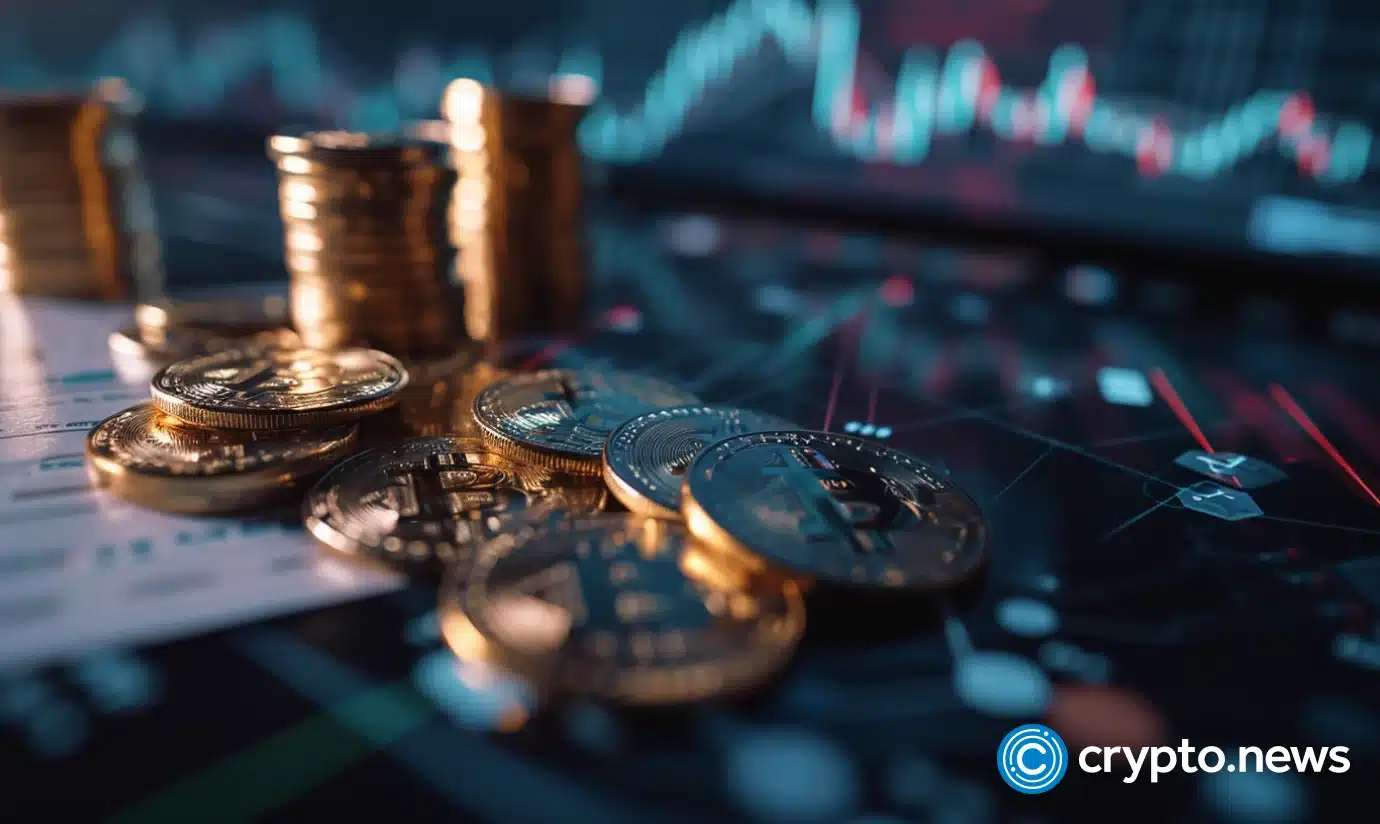The world of financial trading is never a steady ship on a calm ocean and because of that, it often draws comparisons to gambling. Both come with a degree of volatility that everyone tries to account for, but it’s impossible to manage all potential outcomes.
Volatility is a buzzword both in cryptocurrency and online casino games, but they can mean different things. The underlying factor for both, however, when it comes to volatility, is that they relate to risk.
When you start your journey into investing and working with cryptocurrencies, or when you dive into playing on the best online casino UK sites or licensed US platforms, the first thing you need to understand is how risk calculations work in both worlds.
What Is Volatility in Crypto?
Trading strategies in crypto should try to account for volatility, which is an important factor as it can present both risk and opportunity. Volatility is the price fluctuations of digital assets, both highs and lows.
A simple way to explain volatility, which is typically expressed in percentages, is that the price of a certain coin can suddenly skyrocket or crash. This isn’t a steady increase or decline, it is intense fluctuations.
Typically the threshold for what is deemed a volatile reaction is anything above 10% either way. So if there is a particular coin worth $100 at the start of the day and then at the end of the day it’s with $89, it has had a highly volatile day.
Why It’s Important
Volatility is determined by the supply and demand of the coin. If there’s a heavier action on the buying side, then that is going to cause a fairly sharp price change, and timing trades correctly in a moment of volatility is crucial.
A simple scenario is traders looking to buy when there is a dip, and then selling on very quickly when the volatility swings the price high.
Many tributaries feed into the river of volatility, such as positive market sentiment or a major happening in the news. Many things have a huge effect on crypto prices, largely down to the speculative digital nature.
What Is Volatility in Casino Games?
Volatility in casino games represents something slightly different. There is a Low, Medium and High setting in casino slot games. What this refers to is how often a game will pay out on average and it’s part of the gaming mechanics along with other things like Return To Player Percentage (RTP).
It still relates to risk, which is why comparisons can be drawn with how Crypto coins can react. A slot with high volatility means that payouts will be triggered less often because there are higher win values on it.
A low volatility machine will pay out a lot more often, but with smaller denominations, and from a pot that is likely not anywhere near as big as a high volatility slot.
Why It’s Important
Volatility is important for a player to understand, as it can help determine the right games to play. Low-volatility machines are seen as being more user-friendly for beginners because they are lower-risk. They are typically machines that can be played for extended periods when there isn’t a big bankroll to go chasing after the huge progressive jackpot on slots with high volatility.
As it’s not the only factor in gaming mechanics that determines payouts, volatility isn’t the be-all and end-all definite thing to decide how and what to play. After all, casino games still rely on the luck that the random number generator driving them will fall in your favor.
Are There Similarities?
The definition of volatility when equated to risk means that there is some crossover between crypto markets and casino games. However, at online casinos, volatility is more of an indicator of the nature of the play that the user is going to face.
From that point, the judgment is down to the player. It doesn’t mean that a high volatility machine can’t pay out from the first spin that you have on it. Given that it’s programmed to not pay out too often, then the chances of it happening are just decreased.
For crypto, the volatility is more of a consequence of a huge array of external influences. So it is a lot different in that nature and requires a lot of expertise for trying to get to grips and predict the market shifts through constant analysis.





